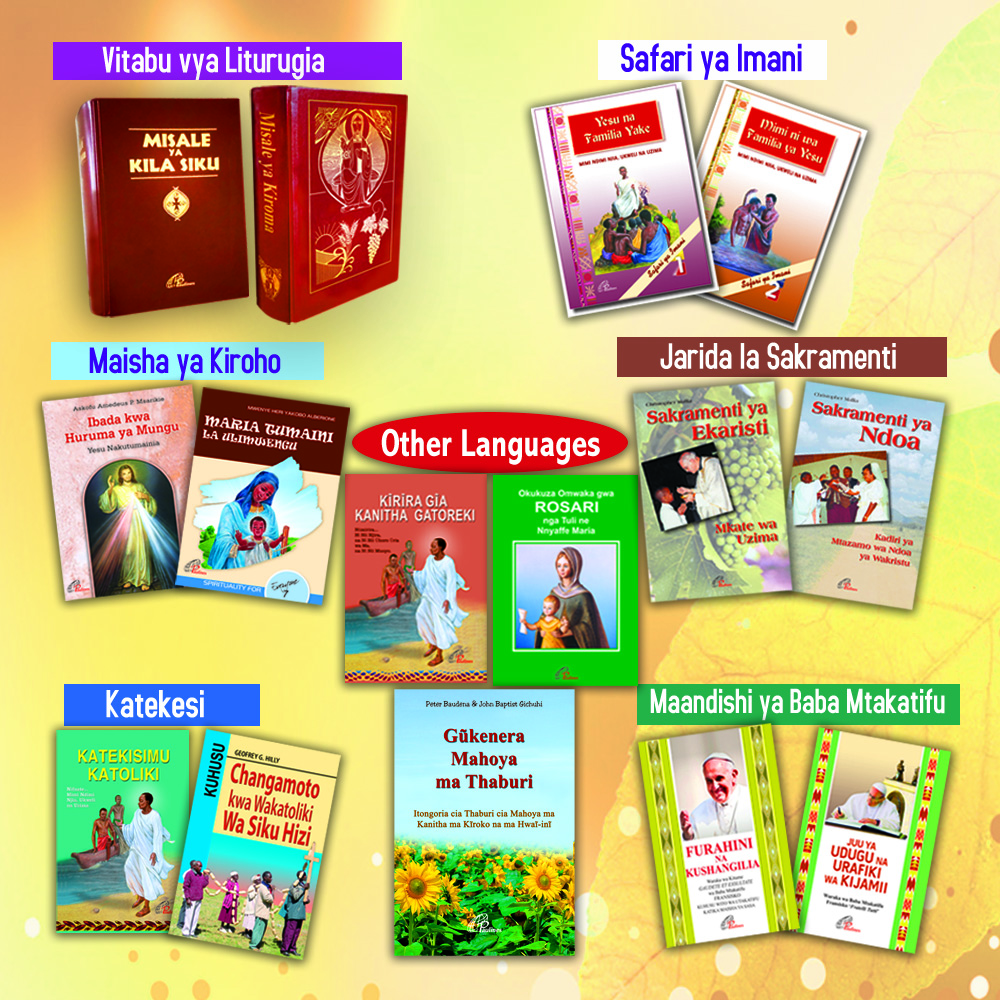Confession - The Road to Freedom
The Seven Capital Sins and Vices
Vices refer to sins that are acquired through a repetition of the same sinful act. A vice has the characteristic or quality of being habitual. For example, one can be said to have the vice of anger if that person has acquired the habit of being angry repetitively. Vices are sins that hook on to the individual and consolidate in him/her a perverted sense of judgement, distorted modes of feeling, misplacement of values and a crooked approach to people and things.
Pride or Vainglory
Pride is the inordinate desire to excel. Here we are talking about the selfish, unholy desire and craving for inordinate honour and glory such that it becomes difficult for the person to submit freely and joyfully to the commands of God. It is also considered the root of all sins. Our first parents, Adam and Eve, fell into the same temptation. The inordinate desire to be like God led them to disobey the Lord’s command, because from the moment one desires to seek his own glory without God, that person becomes his or her own norm.
Avarice
Avarice is a capital sin because in one way or the another it engenders other sins. It refers to the inordinate desire for, or attachment to, material things. Naturally, every human being tends to seek that which is considered good for him or her, that which will enhance living. However, what we are looking at here is that unwise and unbridled craving for things. When this happens, we have a situation where one can actually be said to be in love with those desires of his. One will do anything to acquire those things because he sees in them the source of happiness. S/he is married to material things, to wealth and to anything associated with it. It leads one to desire or seek created things more than the One who created them. Avarice and Pride are related in a certain way. Whereas pride leads one to detachment from God the Creator, avarice leads to an attachment to created things.
Envy
How do you react when you learn of another’s success, achievement or prosperity? Moreover, how do you feel or react when another person meets misfortune? Envy refers to the sadness at the sight of another’s goods and the immoderate desire to acquire them for oneself, even unjustly. When it wishes grave harm to a neighbour it is a mortal sin. Envy comes with two faces. Being sorrowful or disturbed at seeing another person’s progress is one form of envy, and the other form is to delight in or rejoice at the misfortune of another person. With regard to the former case, what happens is that our neighbour’s progress becomes hateful to us. That is to say, another’s good causes pain to the envious person. Envy is dangerous because it can lead to terrible evils like hatred, detraction, calumny, theft, deception and even murder. Holy Scripture affirms that death came into the world as a result of the devil’s envy.
Wrath/Anger
Anger, if uncontrolled, generates several other sins. It is the violent response to situations of adversity or aversion. Where there is wrath there is a lack of patience. Anger can affect people in various ways. Some people are easily angered, others remain angry for an unreasonably long period, and still others never recover from anger until they have been able to retaliate. If anger persists, other evils such as envy, aggression, vengeance, hatred, bitterness, slander, ill will and murderous schemes follow. Invariably, anger destroys both the perpetrator and the victim. Wrath or anger gravely contradicts the commandment to love, because it is impossible for love and anger to coexist. I think it would be easier for the cat and mouse to coexist!
Lust
It is the disordered desire for, or inordinate enjoyment of, sexual pleasure. Lust contradicts the virtue of chastity. Because it is a capita sin, it is always pregnant and ready to bring forth its many children among which we can name folly, deception, lies, inconstancy, self-love or egoism, etc. When left unchecked lust can give rise to a chain of unpleasant consequences. A typical example is of the great King David and Bathsheba, the wife of Uriah (2 Sm 11). Tempted by lust, David gave in, and the Bible tells us how the situation went out of control resulting in the unjust killing of the innocent Uriah, husband of Bathsheba. From the moment David failed to control his lustful feelings, lies, deception, intoxication, adultery, scandal, murder and compromise of national security followed in an almost inevitable situation.
Gluttony
It is the inordinate desire for food and drink. The disorder of gluttony may consist in either the excessive quantity of food consumed or the avidity or voracity with which food is consumed. The gluttonous person devours food just as a lion would devour its prey. The person concerned eats in a greedy manner. Gluttony may also consist in seeking, quality wise, food too nicely prepared, or spending more than necessary on food and drink. Finally, it also refers to unreasonable eating between meals. The danger posed by this sin is that once it becomes difficult to control one’s appetite, self-control in other areas can easily creep in.
Sloth or Acedia
Spiritual sloth means the refusal to exert oneself or make the necessary effort inorder to obtain a moral good or a spiritual good. It is a kind of spiritual laziness or laxity of spirit that makes us not want to try to accomplish something good. When sloth sets in, the Christian appears under-motivated or seems to be without motivation; s/he has low morale. The Christian goal of holiness does not seem to be relevant anymore, and therefore not worth the effort. Soon the person’s condition deteriorates and eventually s/he precipitates into pessimism and despair. Spiritual sloth is a slow killer. It gives its victims lower doses of its venom until the victim is completely neutralised. It is the duty therefore, of all Christians to be alert and on their guard against this common spiritual threat.
Capital sins serve as the head of other sins, or those sins that give origin to other ones. It is important not to allow them space in one’s life or, for that matter, grow used to them.









.png)